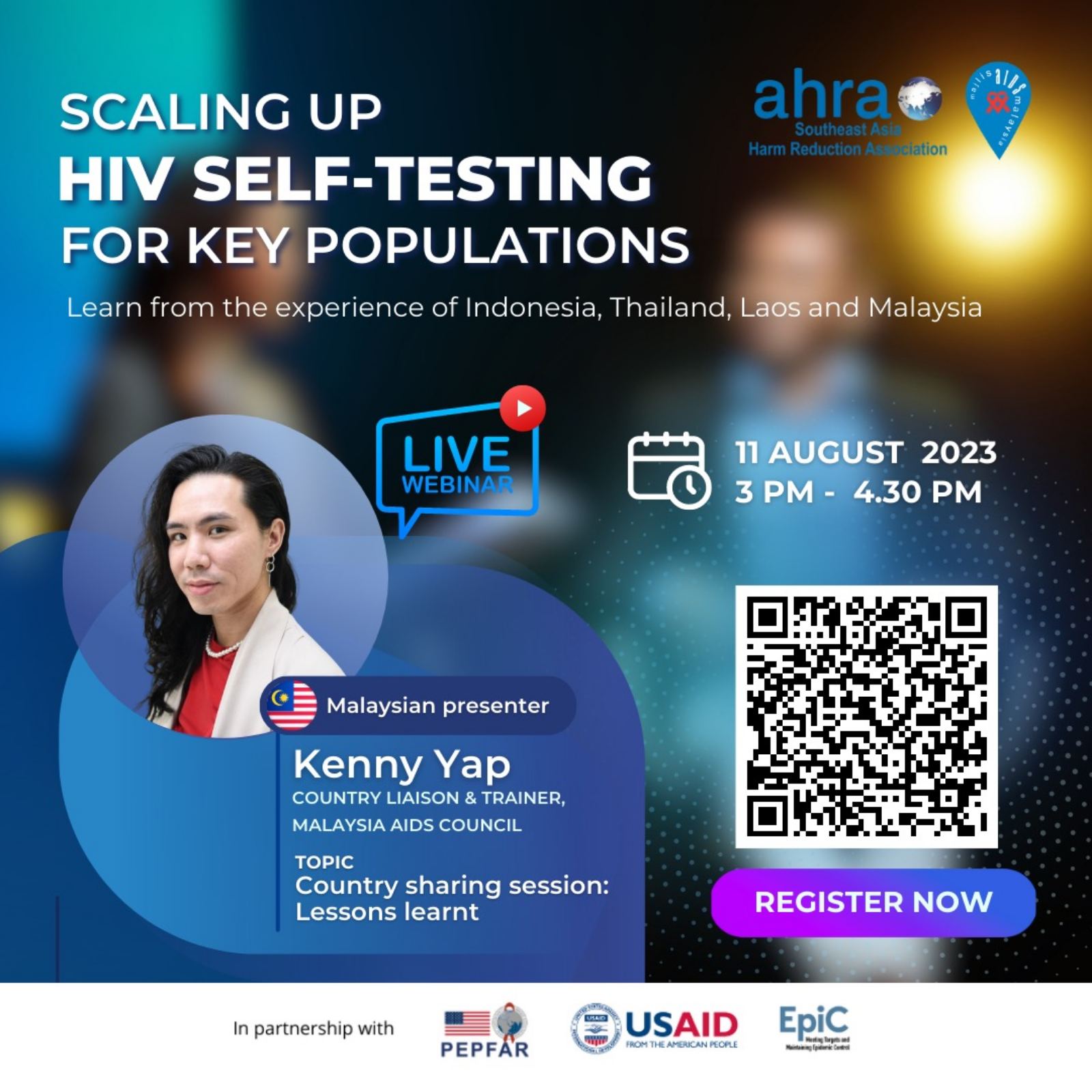HIV screening, testing, and counseling (HTC) is a process individuals and couples undergo to determine whether they are infected with the human immunodeficiency virus (HIV). It involves taking a blood, saliva, or urine sample, which is then tested for HIV antibodies or antigens, depending on the specific type of test being used.
Counseling is an essential component of HTC and involves an interactive and personalized dialogue between the individual or couple seeking the test and the healthcare provider. During counseling sessions, information is shared about the testing process, the potential implications of test results, and relevant prevention and treatment options. Counseling provides a supportive environment for individuals to discuss their concerns, ask questions, and receive guidance and emotional support.
By combining testing with counseling, HTC aims to ensure that individuals have a comprehensive understanding of HIV, the testing process, and its implications. It facilitates informed decision-making and empowers individuals to take appropriate steps to protect their health and the health of their partners. Counseling also plays a crucial role in addressing any psychological or emotional challenges associated with HIV testing, and it helps individuals access necessary support services or treatment if their test results are positive.
